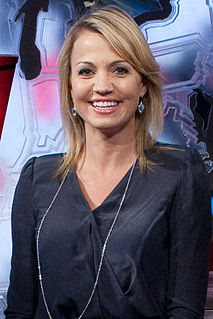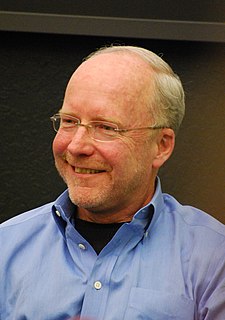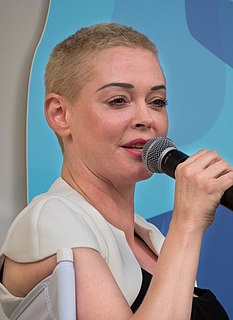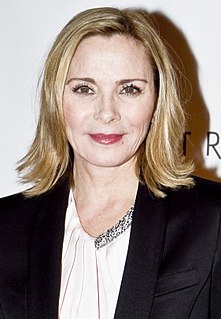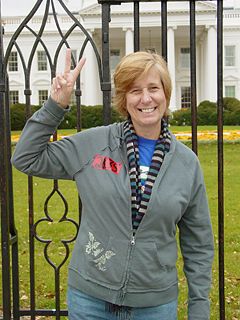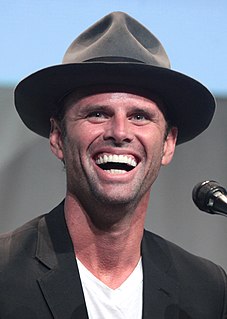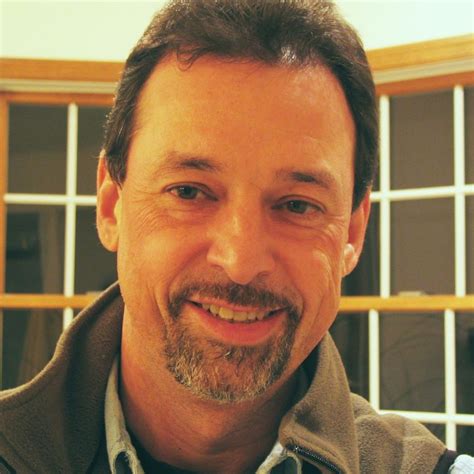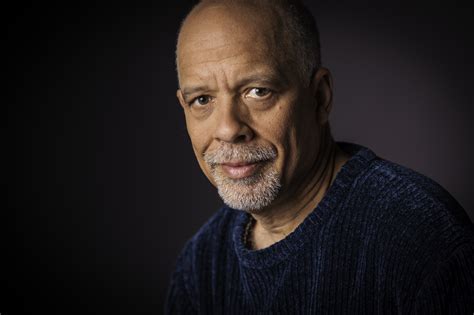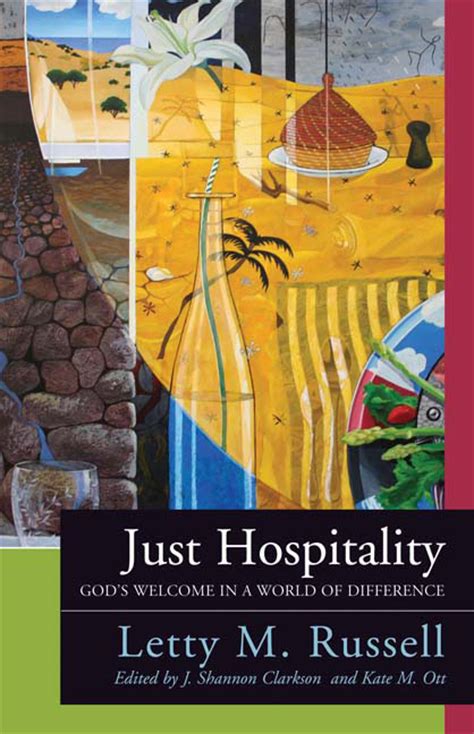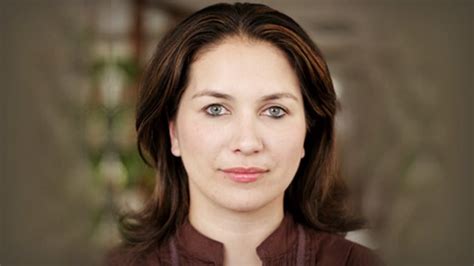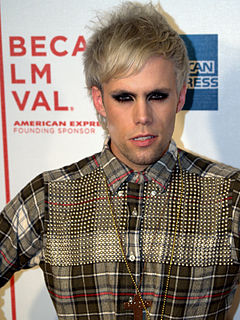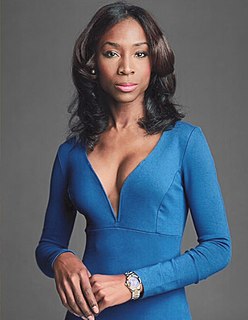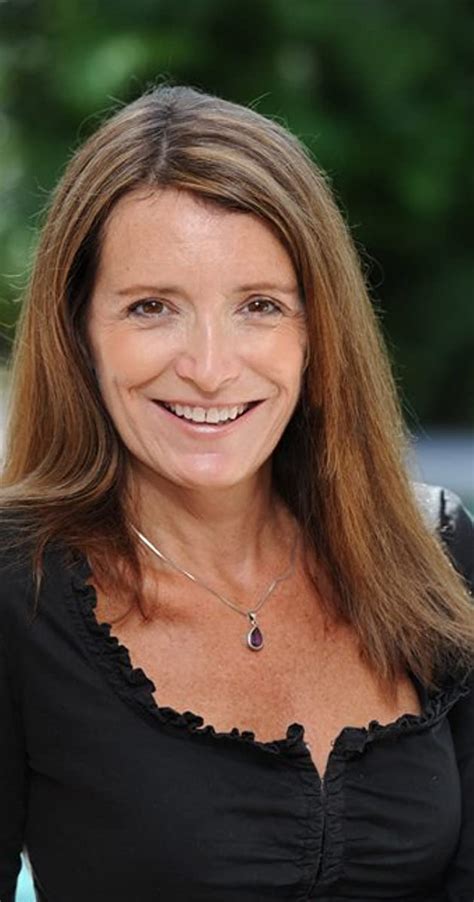Top 269 Marginalized Quotes & Sayings - Page 4
Explore popular Marginalized quotes.
Last updated on April 20, 2025.
I believe that the sport of football has set itself up to be in a position where it shows itself in the bigger picture to not really care about women - they don't really care about people of color, but we won't get into that for NFL either - but as a woman I feel like a person who has been marginalized.
I can only hope that Trump comes to realize the grave dangers of adopting a policy of confrontation toward Iran. Among these dangers is the likelihood that hardliners would again gain the upper hand in the governing process in Tehran, and the moderates who have sought to end national and regional tensions would be marginalized, or worse.
The international community cannot accept that whole communities are marginalized because of the color of their skin. People of African descent are among those most affected by racism. Too often, they face denial of basic rights such as access to quality health services and education. Such fundamental wrongs have a long and terrible history.
The structures of neoliberal modernity do more than disinvest in young people and commodify them, they also transform the protected space of childhood into a zone of disciplinary exclusion and cruelty, especially for those young people further marginalized by race and class who now inhabit a social landscape in which they are increasingly disparaged as flawed consumers or pathologized others.
Media gatekeepers - editors, publishers, film studios and the like - need to begin investing in talent behind the scenes, developing and resourcing marginalized voices to tell their own stories. At the end of the day, it's about the story and what will enable the audience to truly see, understand, and know the life and times of the subject.
You know, no one should be marginalized in society when it comes to health. And, you know, we have - as a foundation, we have tried to champion those people [sex workers, needle users, intravenous drug users, prostitutes] and be by - be by their side and say, listen, these people cannot be forgotten. If you forget about them, then the disease is never going to go away.
Listen, there is no equality without the loss of power. Someone is going to have to lose power. That is really uncomfortable for some people to actually think about, but in order for marginalized people to gain power, white, cisgender, straight, people are going to have to lose some and that's just how it is.
I think that "Arabs coming out in droves" is so violative Jewish values that non-Jews admire so much about Jewish people throughout history, of welcoming the stranger, of standing up for the outsider, of defending the marginalized. This was classic us against them. This was the narrowest and meanest of politics, to which Jews, sadly and tragically, around the world have been subjected to.
For girls and women, storytelling has a double and triple importance. Because the stories of our lives have been marginalized and ignored by history, and often dismissed and treated as 'gossip' within our own cultures and families, female human beings are more likely to be discouraged from telling our stories and from listening to each other with seriousness.
Neoliberal violence produced in part through a massive shift in wealth to the upper 1%, growing inequality, the reign of the financial service industries, the closing down of educational opportunities, and the stripping of social protections from those marginalized by race and class has produced a generation without jobs, an independent life and even the most minimal social benefits.
Possibly worst of all, from the standpoint of the dedicated enemies of freedom, the Internet is a world that libertarians - having been marginalized for three decades by the establishment media - have made their own, almost without effort. It's an alternative reality (unlike 'meat-space' we live in) in which - exactly like intelligence, bravery, or virtue - the human capacity for violence is not additive, and in which it's impossible to initiate force against anybody.
It's just not funny to disrespect other people's beliefs, backgrounds, cultures, or identities when those are deeply rooted in longstanding oppression. Jokes that punch down on marginalized people require no creativity because they've existed since the beginning of time. It's like telling a knock-knock joke and believing you're Richard Pryor.
I take it as a real compliment that people believe that I can in some ways mine the disenfranchised, the marginalized, the somewhat off-center - psychologically speaking - people in our society, and bring a real humanity to them, and make people see what would otherwise be a person that you would hate. Find a reason to love them and see the world from their point of view.
Marginalized youth, workers, artists and others are raising serious questions about the violence of inequality and the social order that legitimates it. They are calling for a redistribution of wealth and power - not within the old system, but in a new one in which democracy becomes more than a slogan or a legitimation for authoritarianism and state violence.
There are caste systems in American cities: Many are marginalized to the edges of urban centers due to real estate costs; price tags seem to lurk around human encounters; there's a cult of overwork in the middle class; workers at your local manicurist, your local fast casual restaurant, are exploited.
Whatever else the true preaching of the word would need to include, it at least would have to be a word that speaks from the perspective of those who have been crushed and marginalized in our society. It would need to be a word of solidarity, healing and love in situations of brokenness and despair and a disturbing and troubling word of justice to those who wish to protect their privilege by exclusion.
There was a lynching case as late as 2011, so it's not as far away as we think. I think persecution by powerful structures, on a people who are marginalized, is not new. The idea of lynching is well known, and the way we present it in the play makes the lynching somewhat of a relief, compared to the barbaric treatment they were receiving as sharecroppers.
Whether you look at 'Glee' and its normalization of gay identity or you look at the work of Martin Scorsese and the Italian-American community, American culture is able to take these stories, which are seen as marginalized, and just turn them into American stories. And you don't think twice about it.
We must all acknowledge our unconscious biases, and listen with less bias when women, and others who are marginalized, speak out. A lot of change is possible by just acknowledging unconscious bias - that exhaustively documented but unpleasant reality many would rather ignore - and listening with less bias and acting on what we then learn.
People who have left the group talk about how a religious inspiration took them to ISIS. It was their feeling of being marginalized as Muslims in the society where they were living, and then buying into the promise of a caliphate and of a Muslim land that is governed as in the time of the prophet. I have yet to meet anybody, or speak to anybody, who was not religiously motivated at some level.
My friend Patsy Mink was a champion for social and economic justice, equality and civil rights for women and marginalized communities. She was a trailblazer who never backed down from a challenge and whose work in Hawaii and Congress brought positive change to the lives of women, children, and minorities in Hawaii and across the country.
If people are encouraged to come out and say they're HIV-positive and they're given their treatments, then obviously, the people who are marginalized - like intravenous drug users, prisoners, people are made to feel less-than - if they're given the support of the government, and they're given the funding, then it's going to help solve the spread of AIDS and HIV in America.
Throughout our world the cry of the poor so often goes unheard. The prophets harangued Israel and Judah unceasingly about the powerless and marginalized, the overlooked widows, orphans, and "sojourners in our midst," who are still with us today as single mothers, hungry children, and helpless immigrants, wraiths invisible in our prosperous societies.
To the credit of the Republican Party and the conservative movement, people have been expelled or marginalized. Pat Buchanan in the '90s. Ron Paul, Rand Paul in the first decade of this century. Bill Buckley famously expelled the Birchers in 1964. It's been a movement that's tried to maintain its boundaries.
Cormac McCarthy is my favorite author in the world. I love him so much. There's one book that informs me more than The Road - it's called Suttree. That book is a huge influence on me. I'm not smart enough to emulate him, but he inspires me. He never infiltrates my writing directly. He writes incredibly intelligently about people that are marginalized.
In America, we have to really be working on two fronts right now. Immediately, we have to be rising in resistance and protecting our Muslim brothers and sisters [and] every marginalized person under threat and siege. At the same time, we have to be planning and envisioning where we're going. How we build moments and movements, how we come up with the vision we want of a progressive left - that's what comes in after.
Bolivia is in the lead internationally in talking about the threat of environmental catastrophe. It's generally true where there are indigenous populations, there are important things happening; where the indigenous populations have been marginalized or exterminated, things go to a disaster. This is true worldwide, and Bolivia is striking because it's a majority population and in the lead.
When social movements engage in legal reform, they often mobilize images of people from their constituent population who most match national norms about what "deserving citizens" are like, and use those people as spokespeople and as lead plaintiffs in legal cases. This strategy requires that people who are experiencing intersectional harm - who are vulnerable through multiple vectors of demonization and marginalization - be further marginalized and disappeared by the advocacy.
I super strongly identify with marginalized communities. I'm not at all religious, but I feel super, super Jewish. I can't even describe the feeling, but it actually feels really similar to being gay, the kind of kinship that you feel with the LGBTQ people. That same sense of community is there with Judaism.
My art gets called political, as opposed to my intending it to be political. I think that's something that happens with black artists or marginalized voices trying to speak truth. Because there are things in the status quo to speak out against, speaking out against them will inherently be political.
"Marginalized others" have access to other ways of knowing, and therefore to deeper, more authentic truths about human reality. They can share that knowledge by speaking about their lived experience while in a safe space. But to provide this kind of safety, members of privileged groups, i.e. white, able-bodied, cis-gendered middle class men, must keep quiet.
Our concern is to help people counter the efforts of those who seek to "regiment the public mind every bit as much as an army regiments the bodies of its soldiers," so that the self-designated "responsible men" will be able to run the affairs of the world untroubled by the "bewildered herd" - the general public - who are to be marginalized and dispersed, directed to personal concerns, in a well-regulated "democracy."
Consciously or unconsciously most of us adhere to what is expected of our role because we realize our social success depends on this. Some may refuse to play this game, but in the end they are marginalized and forced to play the outsider role, with limited options and decreasing freedom as they get older.
We need a more holistic approach in which we take account of society's most vulnerable sectors. We shouldn't just do broad averaging of country statistics but rather we need to disaggregate the data to determine where the resources are most needed. In most cases, it's usually the reverse: those who are most marginalized - minorities and rural and remote communities - get the least attention and money.
Social media is something of a double-edged sword. At its best, social media offers unprecedented opportunities for marginalized people to speak and bring much needed attention to the issues they face. At its worst, social media also offers 'everyone' an unprecedented opportunity to share in collective outrage without reflection.
